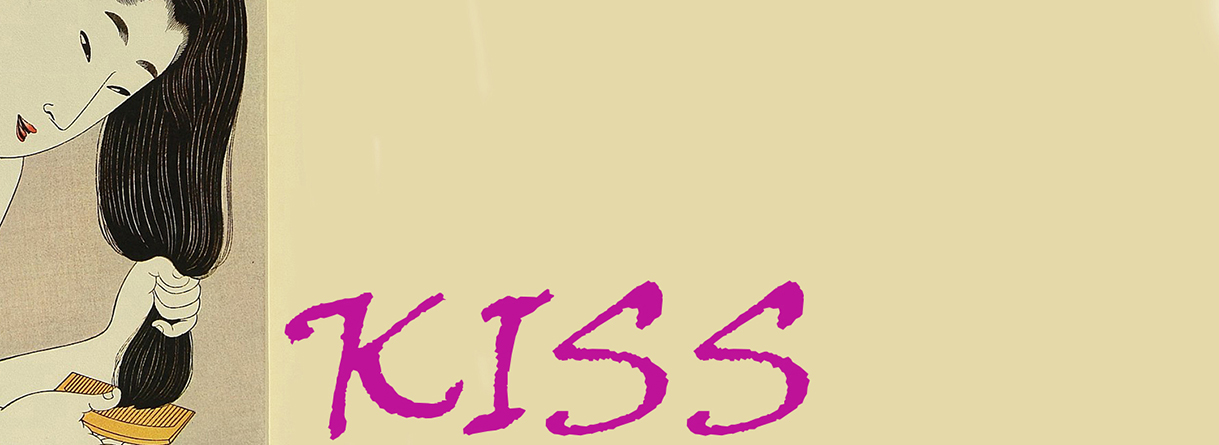Alice Oswald is making a new kind of poetry. There is nothing fancy about it – she is doing the job, simple and enormous, of re-working the model for the twenty first century.
Of course she is not alone in this task, but she is in the front rank of writers, in poetry and prose, who are not content to work only with what exists already. Form and language must move forward, and there is nothing artificial about this. It is the job of writers to make sure that we do not speak a living language and write a dead one.
Oswald’s first volume of poetry – The Thing in the Gap-Stone Style, won the Forward Prize in 1996, and introduced us to a voice as distinctive as it is familiar. Familiar because her work is saturated by both the Classical and the English tradition, and distinctive because she sounds like nobody else. Her words come in fresh combinations. Her lineage is impeccable.
If Ted Hughes re-invented the Pastoral with his extraordinary poem, Thought-Fox, Oswald is Hughes rightful heir. She is a Nature poet, a spiritual poet, with the wildness of Hughes or John Clare, or Traherne. She turns the countryside into an inner landscape, a place not at odds with the more fashionable beats of the city, or a clichéd antidote to it, but as something which I can only call authentic desire. This is not the Nature of footpaths and theme parks, but the open space and untamed life that waits for us to find it again. Oswald finds it again – for poetry’s sake, and for ours.
She is not anti-Modernist – she has taken Modernisms fragments and rubble and found a way of chipping at them with different tools. It is as though she has made peace with what is, and now is making it new. There is no Oedipal slaying of the past, rather she re-births the past so that it is not lost.
Dart, is a poem about the river where Alice Oswald lives. She trained as a Classicist and now she works as a gardener on the Dartington Estate in Devon. Her note to the book tells us that for the past two years she has been recording conversations with people ho live and work on the river, to make what she calls ‘a sound map’.
Dart is a long poem – 48 pages – and it uses prose as well as poetry for its effects. This collision of writing has no slackness or jumble in it; it is a determination to use whatever is to hand to make the shape she wants – ‘The estuary’s my merchant. I go pretty much the length and breath of it scrudging stuff for some tiny stretch of wall. Looking for the fault lines and the scabs of crystals and the natural coigns which are right-angled stones for corners.’
Her quick descriptions are accurate and beautiful – ‘I knew a heron once, when it got up/Its wings were the width of the river.’ Eels are ‘bright whips of flow’. She finds ‘ duck’s nest in the leat with four blue eggs.’
This moving, changing poem, as fast-flowing as the river and as deep, is a celebration of difference – the great variety of the natural world, and the escapes of the human spirit. Tamed by industrialisation and information, a part of us is still uncatchable as water.
Oswald stands in the flow of humanity, sieving us through language – ‘all names, all voices, Slip-Shape, this is Proteus, whoever that is, the shepherd of the seals,/driving my many selves from cave to cave.’
My three recommendations are:
The Thing in the Gap-Stone Style – Alice Oswald
How to Read a Poem – Ruth Padel
The Hawk in the Rain – Ted Hughes.
http://www.jeanettewinterson.com/journalism/alice-oswald/
Jeanette Winterson





















